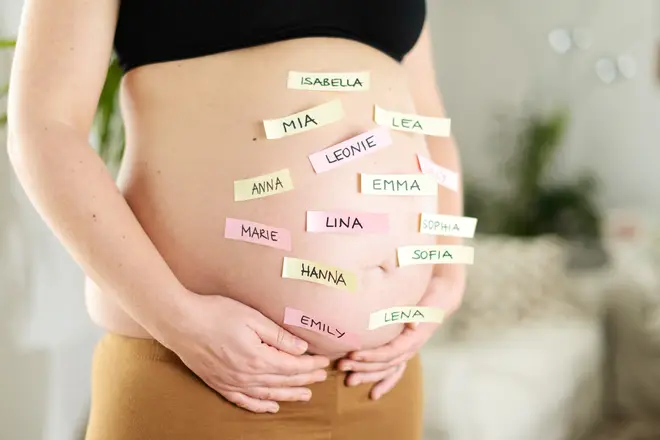Finland to offer fathers seven month paternity leave under new laws, the same length as maternity
6 February 2020, 13:09

The new laws mean that men will be entitled to the same leave as women are after they have a child.
Finland has just announced a huge step is how paternity leave is handled in the country, with a female-led government deciding that fathers should be given the same leave as women.
The new plans to extend the male leave to seven months have been announced by the centre-left government, which is led by Sanna Marin, the world's youngest prime minister at only 34.
READ MORE: Kate Middleton participated in top secret work experience at maternity ward

She's said the "radical reform" is intended to promote equality and boost birth rates.
The country's health minister Aino-Kaisa Pekonen said "This enables better equality between parents and diversity among families."
Half of the parental leave will be transferable between parents, while pregnant women are also entitled to a month of additional leave before their due date.
Finland's coalition of five parties, all led by women took office in December and has made gender equality a priority, with Pekonen adding that a more equal distribution fo domestic roles has been shows to reduce risk of divorce.

She said: "Over a longer term, it also improves equality in working life and in wages by directing fathers to use a larger proportion of parental leaves than before".
Prime minister Marin last month called for states and companies to do more to ensure women were treated fairly.
Speaking at the World Economic Forum meeting she said that gender equality "doesn't happen by itself".
Finland also wants to boost its birth rate after the number of newborns fell by around a fifth between 2010 and 2018, with only 47,577 babies were born in 2018 in a country of around 5.5million people.

The health minister said countries such as Sweden and Iceland had seen increases in their birth rates after offering more leave for fathers.
A previous centre-right Finnish government attempted to reform parental leave in 2018 but eventually rejected the idea as too costly.























